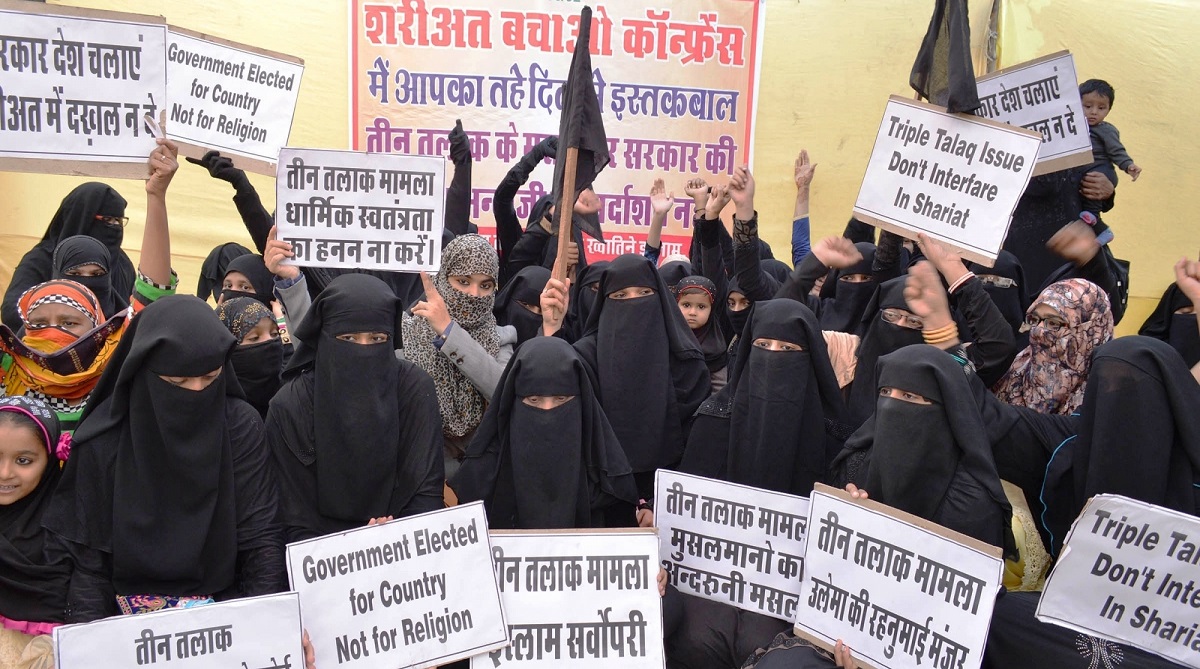Union Law Minister Ravi Shankar Prasad introduced a modified Muslim Women (Protection of Rights on Marriage) Bill, 2018, commonly known as the Triple Talaq Bill, in the Lok Sabha on Monday.
Introducing the bill, Prasad said despite the Supreme Court striking down the practice of talaq-e-biddat (instant triple talaq) as unconstitutional, men were divorcing their wives on flimsy grounds and even via Whatsapp.
Advertisement
Congress MP Shashi Tharoor opposed the introduction of the Bill saying divorce cannot be made a penal offence and its provisions were against the basic principles of the Constitution.
The purpose of the Bill is to make the practice of triple talaq among the Muslims a penal offence. It will replace the ordinance issued in September which had similar provisions and was cleared by the Lok Sabha in December 2017.
Under the proposed law, giving instant triple talaq will be illegal and void and will attract a jail term of three years for the husband.
Triple talaq is verbal divorce practised by a section in the Muslim community to give instant divorce to their wives by saying the word ‘talaq’ three times.
The Supreme Court had in August 2017 declared “Triple Talaq” unconstitutional and in violation of Article 14 of the Indian Constitution, which provides for equality before the law and directed the government to enact a law on the issue.
The 5-judge constitutional bench, headed by the then Chief Justice JS Khehar, delivered a split verdict (3:2) invalidating the practice as part of the Muslim Personal Law.











